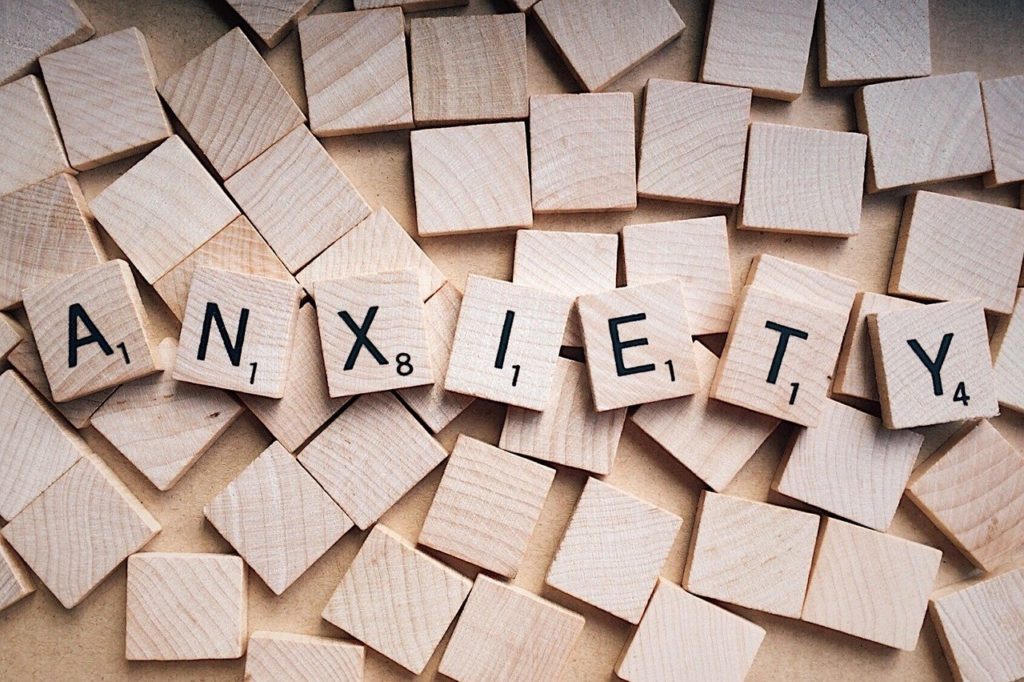Anxiety is probably more common than you think. Studies have shown that the most predominant mental health problems worldwide are depression and anxiety.
Mind (a UK charity that supports people with mental health problems) states on its website that 6 in 100 people suffer from generalised anxiety disorder and nearly 11 in 100 people suffer from other anxiety-related problems such as phobias, panic attacks or mixed anxiety and depression
So, if you are feeling anxious, it may be reassuring to know that you are not alone, that it is quite common and that it could be treated. Anxiety is one of the most common reasons why people come to see me.
To understand why you feel that you are anxious all the time, you need to understand what anxiety is and why you feel it. Anxiety is an emotion that is part of every human being and it has played an important role in our survival as a species.
Anxiety is a way of your brain telling you that you are in danger and that you need to protect yourself. Anxiety generates automatic responses to keep you safe and it prepares your body to react.
Some of the automatic changes in your body that you may notice when feeling anxious are:
- an increased heartrate.
- shaking and/or tense muscles.
- a change in your breathing (becoming shallow and quicker than usual).
These changes prepare you to fight the threat or to run away to avoid danger and keep yourself safe.
The brain is sometimes not as smart as you think it is and may fail to differentiate between thoughts and reality, misreading situations and interpreting them as a threat even when they are not. This is one of the key factors as to why you could feel that you are anxious all the time.
Sometimes experiences during your childhood that you cannot remember or a traumatic event that you experienced can cause your brain to be hypersensitive and see threats everywhere, triggering a message from the brain to your body to protect itself, which you then experience as anxiety.
Relating experiences from the past to your present and understanding how they could be linked to your behaviour is not an easy task. Most of the time, help from a professional is needed in order to identify this connection and this process takes time. Talking about your own life to a psychologist could be hard, especially if it is your first time seeing one, but clinical psychologists are trained to support you through this process. People often find that once they start talking, even when this is difficult, it makes them feel better straightaway.
In conclusion, anxiety is the natural response to a threat, and the right amount of anxiety can help to keep you safe if you know how to deal with it. Sometimes your brain perceives danger where none exists, and it triggers anxiety to keep you alive. If you feel anxious all the time, your brain could be misreading situations, and this is usually connected to previous experiences that you cannot easily relate to your current situation.
If you feel that you need help to understand your anxiety and to get to a place where you welcome it because it helps you to be safe and guides you during difficult situations, it could be useful to contact a psychologist to discuss whether therapy would be helpful for you.



